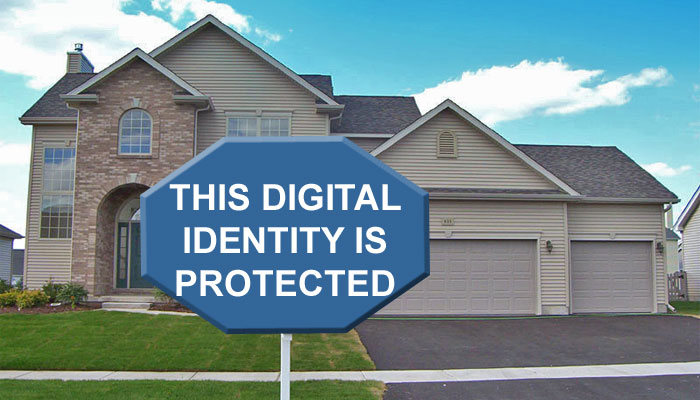Last week, while driving, an advertisement came on the radio for a home security system. I already have a home security system but the ad still caught my attention. As I listened I started to think about how much I pay each month to protect my physical possessions. Then I wondered why I am willing to pay so much to protect a $500 TV but nothing to protect my digital identity. This begged the question, if I had to choose, should I protect my possessions or my identity?
I believe that in order to answer this question properly we must make three comparisons:
- The average loss for a home burglary versus the average loss for an identity theft
- The probability of a home burglary versus the probability of an identity theft
- The cost of a home security system versus the cost of identity theft protection
In its report on Crime in the United States, the FBI found that in 2014 the average dollar loss per burglary offense was $2,251. This is higher than the average dollar loss for identity theft over the same time frame which was $1,343 according to the Department of Justice.
Click to Subscribe
However, when considering the number of occurrences, identity theft is far more likely than a burglary. The DoJ reported 17.6 million cases of identity theft, or 7% of all US residents above the age of 16, in 2014. This was 10 times more than the 1.7 million burglaries that were reported over the same time period by the FBI.
In terms of cost it is difficult to gauge exact figures based on the multitude of offerings for both home security systems and identity theft protection. However, it seems that identity theft protection is the same or less per month than a home security system.
I understand that a home security system also provides the intangible value of personal protection and that there is no value that you can put on peace of mind. However, I could counter that the majority of burglaries happen between the hours of 10AM and 3PM, when the homeowner is not home, and therefore personal protection has no inherent value.
So, should I protect my possessions or my identity? Based on this very simple statistical comparison it seems that, if I had to choose, I should protect my digital identity before I protect my physical possessions. What would you pay to protect?
Eric Sharret is Vice President of Business Development at TELEGRID. TELEGRID has unique expertise in secure authentication, PKI and Multi-Factor Authentication (MFA).
Click to Subscribe
Disclaimer: The opinions expressed here do not represent those of TELEGRID Technologies, Inc. The Company will not be held liable for any errors, omissions, or delays in this information or any losses, injuries, or damages arising from its display or use. All information is provided on an as-is basis.

